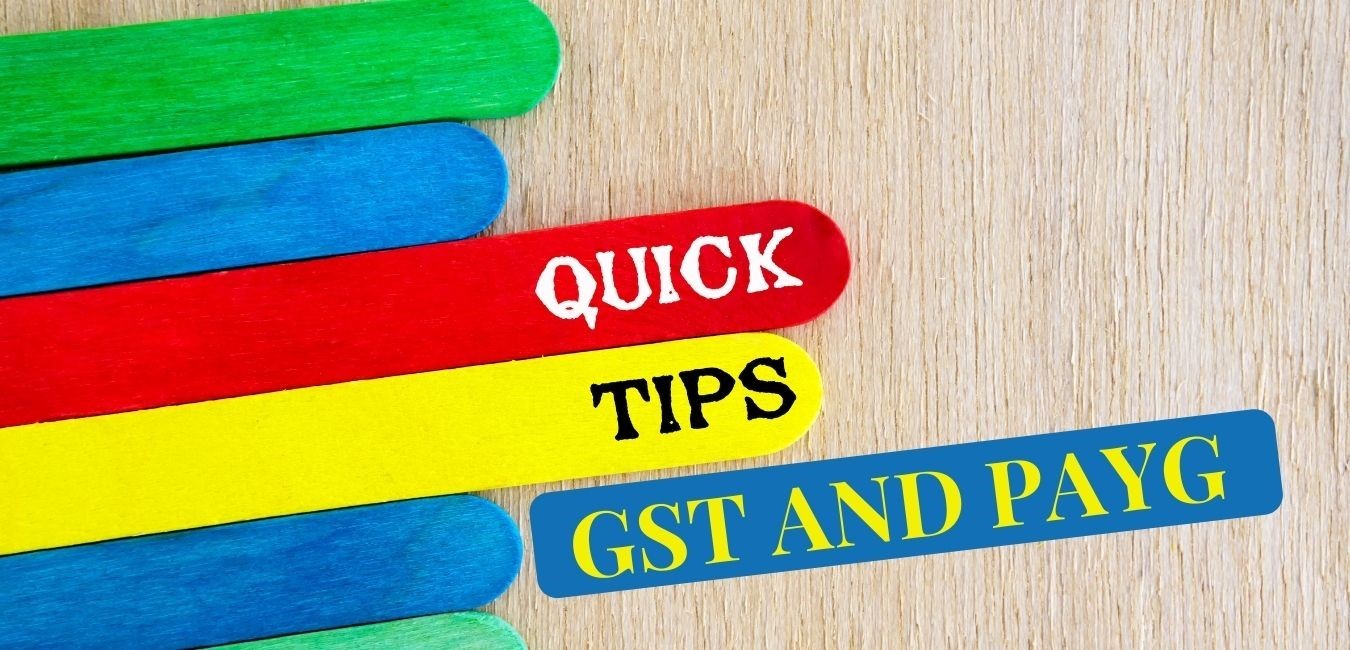Tax compliance requires accurate record–keeping for tax records else your business could invite penalty notices from the ATO. We will discuss the GST records and PAYG records requirement for the business owners like you so that you always remain compliant at record–keeping end. You will also enjoy some quick tips that can help you with record-keeping in the future.
GST records to keep
Businesses need to pay GST collected on sales and while paying GST, businesses can claim credit for GST paid on expenses. Law requires businesses to lodge BAS (Business Activity Statement) to report GST details. You can lodge accurate BAS only when you keep supporting records for GST–related transactions. Here are some records that you need to maintain regarding GST:
- A record document that shows all the income and expenses considered to calculate and substantiate the amount that you report and claim for GST credits. This includes a record for sales invoices, tax invoices, and other GST transactions.
- Any other record document that supports record adjustments, a decision, or a calculation made for GST purposes.
- Documents from the Department of Home Affairs showing the amount of GST that you paid on taxable imports.
You should keep in mind that ATO can deny or adjust your claim if your records do not properly support your claim. ATO, therefore, recommends keeping separate ledger account for GST so that calculation and record-keeping can become easier.
PAYG records to keep
As a part of Pay as you go (PAYG) record-keeping, you have to keep the records for all PAYG installments and withholdings made.
PAYG installment records
You need to keep the records for PAYG installment calculations, receipts, or bank statements supporting the payment on your Business activity statement (BAS) or installment notice.
PAYG withholding transactions
- You need to keep the record of the amount that you withheld from payment to employees and directors including salary, wages, bonus, commission, and other allowances paid to the employees, remuneration paid to the directors, retirement payment, termination of employment payment, annuities, and benefit payments.
- The records for the amount that you withheld from interest, dividend, royalty payment to foreign residents.
How long do you need to keep GST & PAYG records?
Businesses should maintain the GST and PAYG records for five years. This time starts from when you first prepared or obtained the record, or completed the transactions or acts that record is related to (whichever is later). Also, you need to keep records long enough to cover the period of review i.e., the amendment period.
Record–keeping tips
- Keep accurate records for all cash and electronic transactions.
- Complete your regular reconciliation periodically i.e., daily, weekly, or monthly depending upon your business needs.
- If you have a record that shows business and personal expenses together, then you must prepare a recorded document that is showing just business expenses.
- You should make sure that you have appropriate records to substantiate the business expenses that you are claiming as a tax deduction.
- Always use complete and appropriate records to prepare tax returns instead of preparing them based on estimates.

